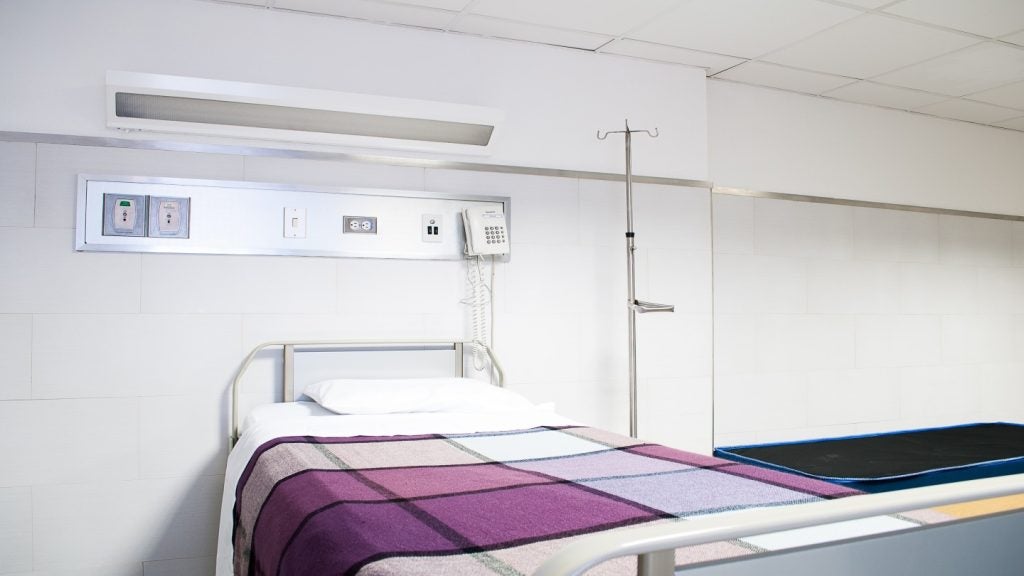New York Governor Kathy Hochul has unveiled a comprehensive healthcare agenda in the 2024 State of the State proposal, with focus on expansion of mental health services and improved cyber security.
The initiatives aim to transform the state's healthcare delivery system, expand access to affordable insurance, enhance primary and preventive healthcare, and protect against medical debt.
Highlights include a Medicaid 1115 waiver amendment to address health-related social needs, with over $200m allocated for Medicaid beneficiaries' housing, food, and transportation.
To combat the opioid overdose crisis, Hochul is allocating $192m from settlements with opioid manufacturers, directing funds towards prevention, treatment, harm reduction, and recovery services.
Additionally, the state will lead in disbursing $200m to support addiction treatment professionals, street outreach efforts, and the distribution of life-saving resources.
The Healthcare Safety Net Transformation Program will be launched to improve access, equity, and patient outcomes while ensuring financial sustainability.
The initiative also includes strengthening hospital cybersecurity and establishing a New York Hospital Cybersecurity Roundtable to share best practices.
Efforts to expand access to primary care across the state involve increasing Medicaid rates for providers participating in the patient-centred Medical Homes model and supporting mental health services' integration with primary care.
Furthermore, measures to increase the affordability of health insurance options, such as raising income limits for Essential Plan eligibility and offering new premium subsidies, are outlined.
Hochul aims to improve access to mental health and addiction services by establishing network adequacy standards for behavioural health insurers, allowing out-of-network coverage at in-network rates when timely appointments are not available.
The plan also addresses ending preventable epidemics, focusing on initiatives to decrease HIV, syphilis, and hepatitis infections.
Besides, it emphasises equity and data-driven interventions to improve maternal and infant health outcomes, including reporting requirements for Medicaid managed care plans and collaboration with birthing hospitals and centres.















